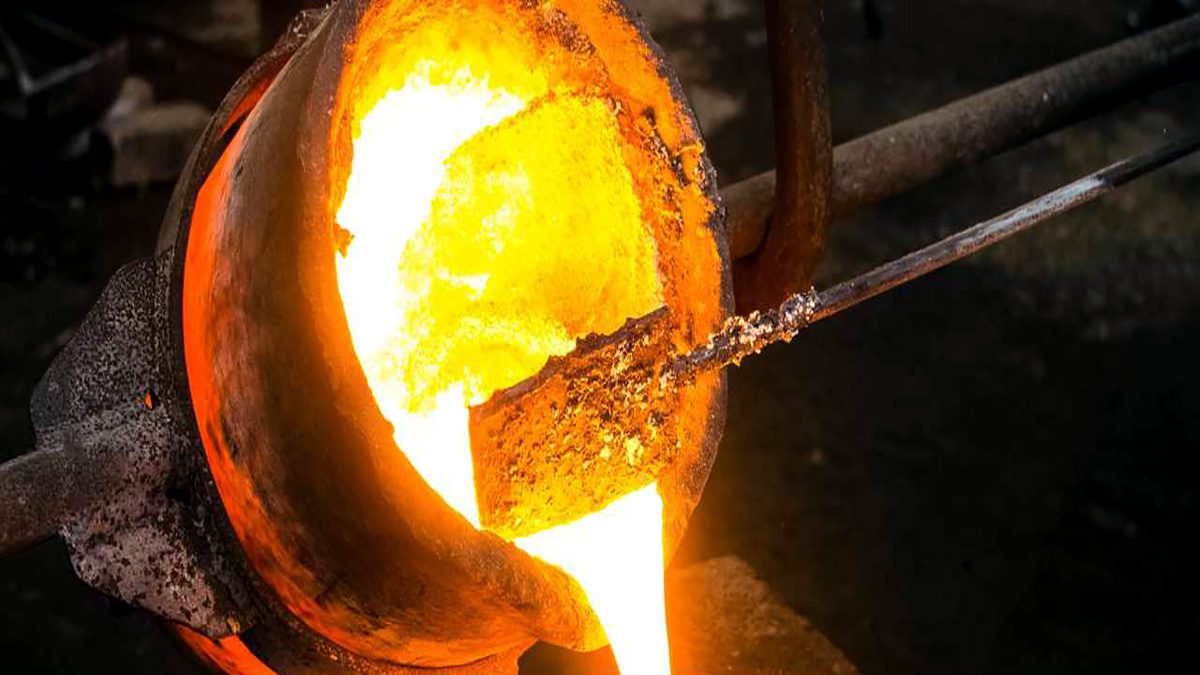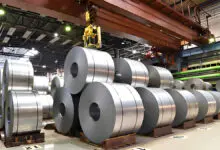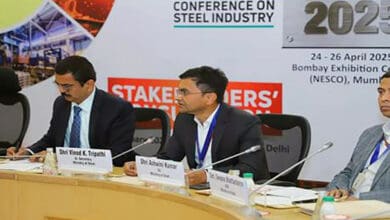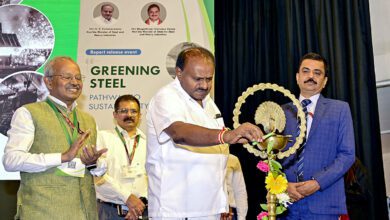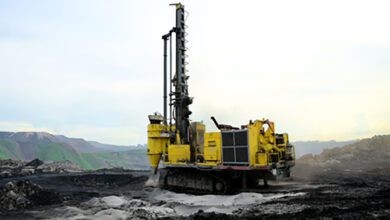The steel sector in India, being a deregulated industry, benefits from the government’s role as a facilitator, creating a conducive policy environment to foster its development. The National Steel Policy (NSP) 2017 has set ambitious targets for the steel sector by the year 2030-31, forecasting a total crude steel capacity of 300 million tons, total crude steel production of 255 million tons, and total finished steel production of 230 million tons.
To achieve these targets, the government has implemented several measures to improve both production and consumption of steel. One of the significant steps is the implementation of the Domestically Manufactured Iron & Steel Products (DMI&SP) Policy, which promotes the use of ‘Made in India’ steel for government procurement. Additionally, the Production Linked Incentive (PLI) Scheme for Specialty Steel has been launched to boost the manufacturing of specialty steel within the country, aiming to reduce imports by attracting capital investments. This scheme anticipates an additional investment of Rs. 29,500 crores and an additional capacity creation of around 25 million tonnes for specialty steel.
To enhance the global competitiveness of Indian steel, the government has reduced the Basic Customs Duty on Ferro Nickel, a crucial raw material, from 2.5 percent to zero, making it duty-free. The duty exemption on ferrous scrap has also been extended up to March 31, 2026, as announced in the Budget 2024. Further, the Ministry of Steel has introduced 16 additional safety guidelines for the Iron and Steel Sector, covering both process and workplace safety, aimed at minimising accidents and improving productivity.
The Steel Import Monitoring System (SIMS) has been revamped with the launch of SIMS 2.0 on July 25, 2024, to provide more effective monitoring of imports and address the concerns of the domestic steel industry. The ‘Make in India’ initiative, along with the PM Gati-shakti National Master Plan, is playing a crucial role in enhancing steel usage by engaging with potential users across various sectors, including Railways, Defence, Petroleum and Natural Gas, Housing, Civil Aviation, Road Transport and Highways, Agriculture, and Rural Development.
Efforts are also being made to coordinate with different Ministries, States, and other countries to facilitate the availability of raw materials for steel making on more favorable terms. The government has notified a Steel Scrap Recycling Policy to increase the availability of domestically generated scrap and a Quality Control Order for 145 steel products under Indian Standards to ensure the availability of quality steel products for the public.
In the pursuit of energy efficiency and innovative technologies in steel production, the Ministry of New and Renewable Energy (MNRE) has notified the National Green Hydrogen Mission, making the steel sector a stakeholder in this mission. Fourteen Task Forces have been constituted, engaging industry experts, academia, think tanks, S&T bodies, different Ministries, and other stakeholders to deliberate and recommend various levers for decarbonising the steel sector.
The Ministry of Steel is also implementing the “Promotion of Research & Development in Iron & Steel Sector” scheme, providing financial assistance to reputed Academic Institutions, Research Laboratories, and Indian Steel Companies. This initiative focuses on several thrust areas, including improving energy efficiency, reducing greenhouse gas emissions to address climate change issues, enhancing the quality of steel products, addressing technological challenges faced by the iron and steel industry, beneficiation of natural resources like iron ore and coal for improved productivity, utilisation of wastes, and the development of value-added products for import substitution.


